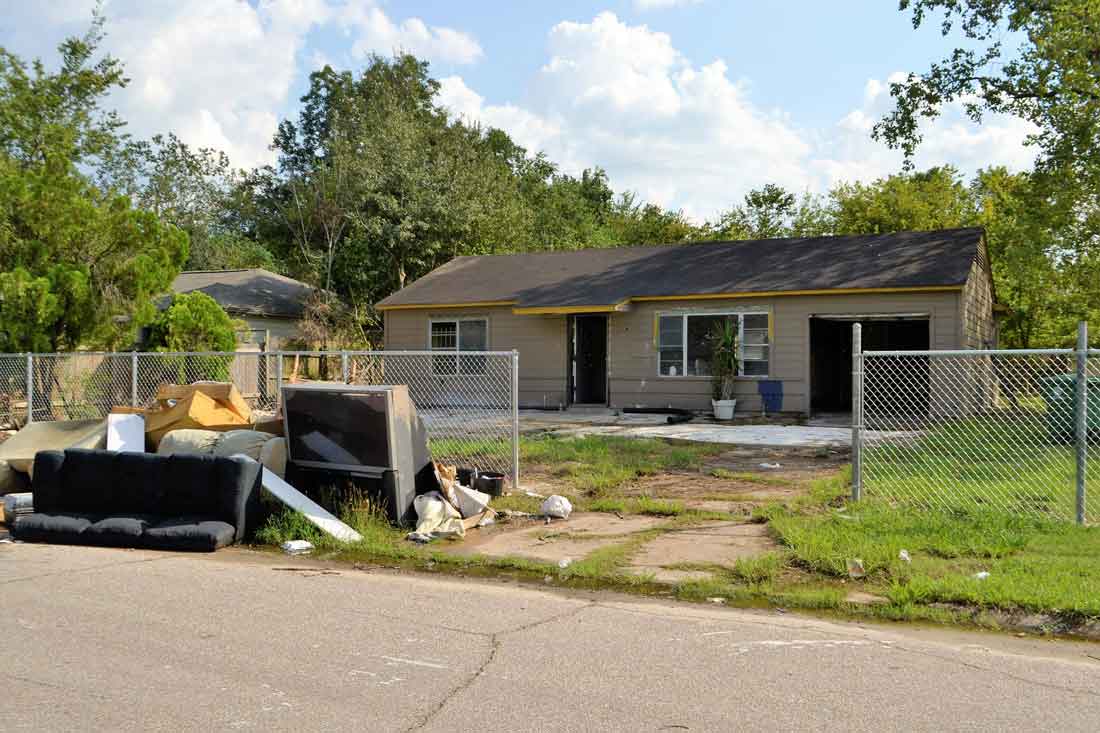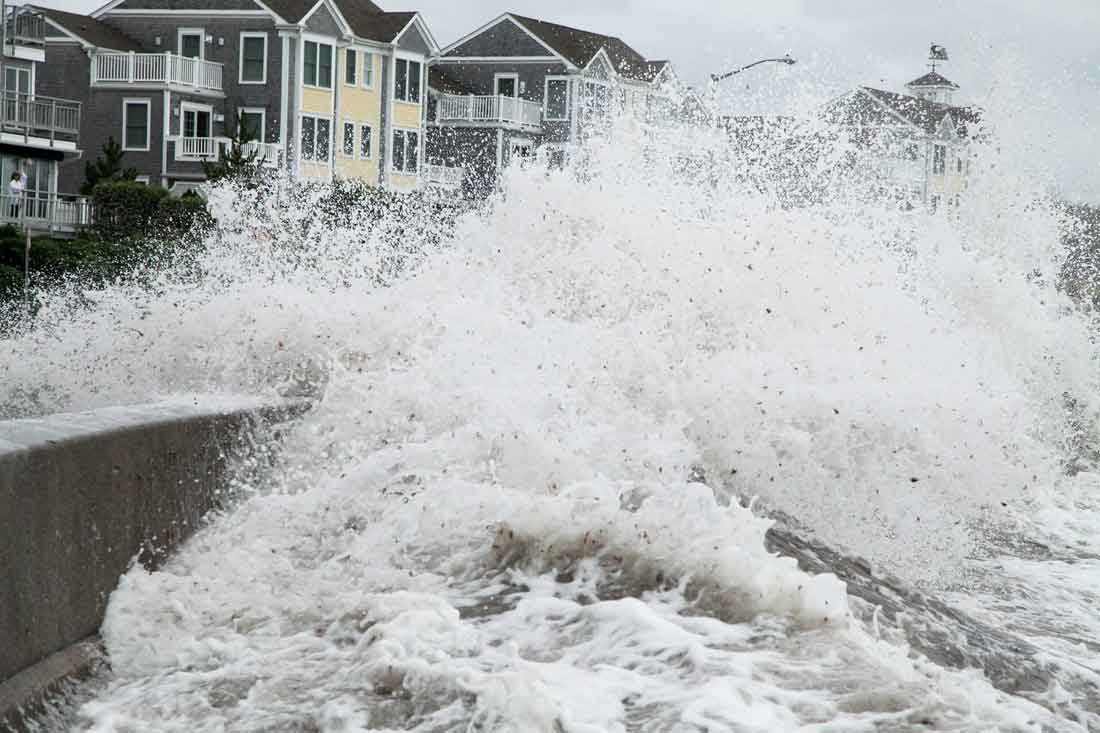It’s that time of year again. The time when hurricanes and tropical storms destroy countless homes and communities in Florida. These beasts are known for their destructive winds and immense amounts of rainfall. Our attorney at law wants you to know everything you can about hurricanes, and what you should do before and after if you’re at risk of coming face-to-face with one.
Understanding Hurricanes
 As many of us have seen on the news, or personally experienced, hurricanes form over the ocean in a swirling pattern with the center being a calm spot known as the “eye”. Each hurricane differs in strength and this is determined mainly by wind speed, size, and the direction it’s traveling. For us to know how strong a hurricane is and how much to prepare, experts categorize each storm. We’ve listed below the categories with a brief description:
As many of us have seen on the news, or personally experienced, hurricanes form over the ocean in a swirling pattern with the center being a calm spot known as the “eye”. Each hurricane differs in strength and this is determined mainly by wind speed, size, and the direction it’s traveling. For us to know how strong a hurricane is and how much to prepare, experts categorize each storm. We’ve listed below the categories with a brief description:
- Category 1: Storms with wind gusts of 74-95 mph. In this category, hurricanes are strong enough to damage roofs, siding, and gutters. They can also break tree branches or knock down power lines and poles.
- Category 2: Hurricanes become a category 2 if wind gusts are 96-110 mph. These storms are more likely to uproot small/weak trees, damaged power lines, and cause major roof damage.
- Category 3: In this category, wind gusts vary from 111-130 mph. Often deep-rooted trees will be uplifted and you can pretty much guarantee to lose access to electricity and water.
- Category 4: With wind gusts ranging from 131-154 mph, these beasts can knock down exterior walls, rip off roofs, uproot trees, destroy power lines, and more.
- Category 5: These are the most dangerous hurricanes with wind gusts at 155+mph. On record, there are only three hurricanes to date that made landfall at a category 5. The level of damage not only depends on the wind gusts and rainfall but also how fast or slow the hurricane is moving over an area. The longer it idles over a location, the more rainfall and damage. It goes without saying if you’re on the coast and in a flood zone, DO IT!
Steps Our Attorney at Law Suggests to Take Before a Hurricane
- Get hurricane insurance, and make sure your policy is active. If you are in a flood zone, consider a flood policy.
- Take pictures of your property and assets before the hurricane – and then after, if necessary.
- Follow the advice of the government officials in your area. For example, if they suggest you board up your windows, you should do so. This can be held against you in the court of law or during insurance claims if you do not follow.
- Buy a hurricane stash of canned foods, water bottles, and jugs, radio, rechargeable batteries, prescription medicines, gas, generator, etc.
Steps to Take After a Hurricane

- Protect your damaged property. We know this sounds silly, but if you plan to file an insurance claim you need to prevent further damage to an area. You want to make sure there are no excess reasons your insurance could deny your claim.
- Document, document, document. Take photos of any damage that has occurred and take notes of dates. The more information you have, the better your chances are that insurance with cover your property damage.
- If you’re going to make a claim, do it ASAP. After a storm, there is usually a time period where you can submit a claim. If you miss that time period, the insurance company has a right to decline your claim.
- Always help out where and when you can. There’s a lot of clean-up around the community even if your personal property isn’t affected. Help restore the place you call home.
Contact Us
It’s never an easy road to recovery if you or a loved one is affected by a hurricane, but you should know there are organizations, lawyers, attorneys, and other counselors here to help through the recovery process. Contact our attorney at law with any questions you may have about filing an insurance claim for hurricanes or other natural disasters. We’re here to help!